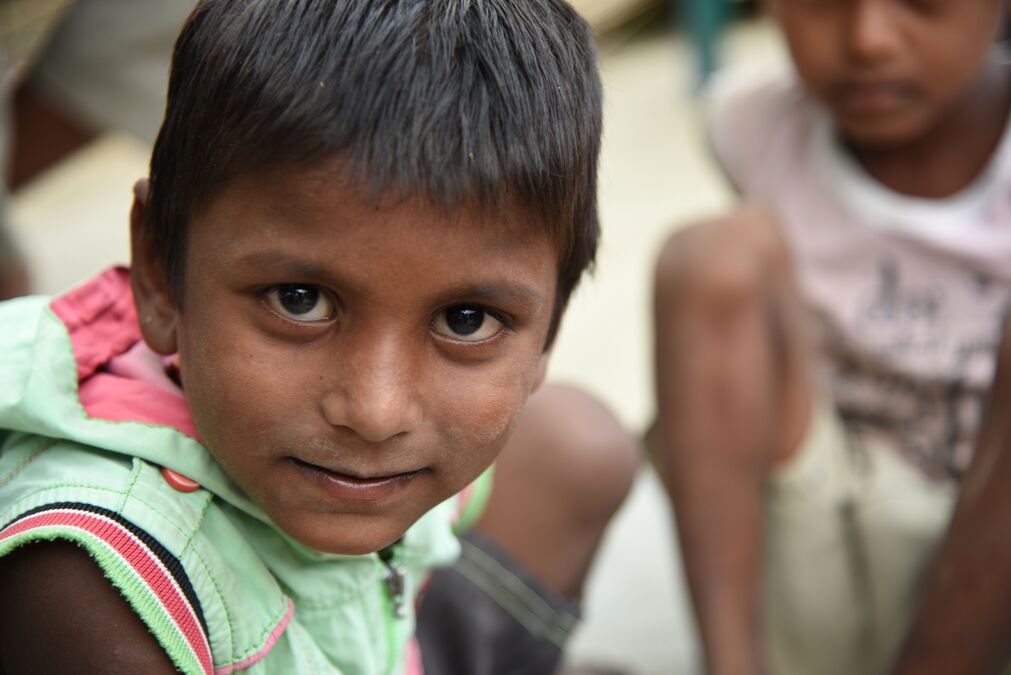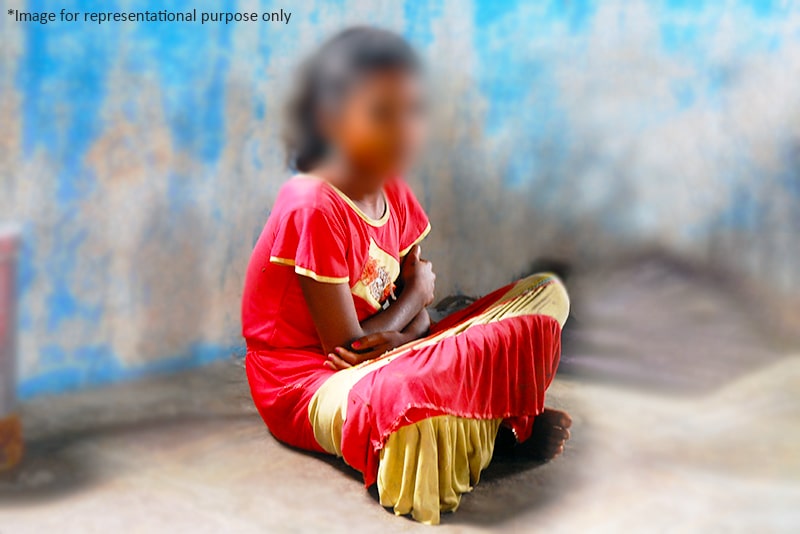
The Link Between Child Labour and Child Trafficking
Child labour and child trafficking are deeply connected issues affecting millions of children in India. Children forced into labour are often vulnera....
Read More“We must accept finite disappointment, but never lose infinite hope.”
Martin Luther King, Jr
In India, there are 33 million working children between 0-18 years. Only 27% i.e., 8.9 million children attend school parallelly, in addition to working which means 73% of working children have dropped out of school (Source: Census 2011). The impact of child labour on the education of children is so huge that many of them are forced to give up on their dreams. Among these children, we bring to you the journey of Lalita, who found her way back to school and how CRY helped her to overcome the challenges.
15-year-old Lalita lives with her parents, two brothers and one elder sister in a small village in Kalburgi district, Karnataka. Her parents are daily wage laborers along with her elder brother who is a school dropout and is engaged in cattle grazing, an irregular daily wage job on a full-time basis. Today, she studies in the ninth grade with a scholarship, but Lalita’s journey back to school has not been easy.

In 2019, Lalita was forced to become a child laborer earning Rs. 150 per day to support her family. Earning became a priority for Lalita, which made going to school and her education took a backseat.
CRY’s team made multiple efforts to re-enrol her. Still, with the outbreak of coronavirus, Lalita completely lost touch with her education due to the prolonged closure and lack of transportation connectivity. Also, with the lack of livelihood options, her father took loans from 4 different money lenders to support and run the family.
Post the lockdown, in this extreme poverty and desperate conditions to repay the loan, Lalita was left with no option but to quit schooling and support in family’s livelihood by working. She attended no sessions for two years from 2020 to 2022. However, the silver lining to this situation was that although Lalita was active in the adolescent collective meetings held by CRY partners even after being a dropout. CRY works tirelessly with communities, protecting the child’s rights to education.
Post lockdown and reopening of schools in August 2021, the CRY partners regularly visited Lalita’s family to counsel, motivate and give awareness on the importance of education, schemes and benefits available at government schools. But Lalita’s father was never convinced as he was concerned about the distance to school and anxious about the safety of his daughter while commuting back & forth to school and home.
The project coordinators also tracked down the money lenders who were forcing the family to repay the loans. The team explained how Lalita’s education is being affected due to poverty and requested them to allow time for repayment. And finally, after several rounds of meetings and discussions, the team convinced the family to allow Lalita to continue her schooling and re-enrolled her in 9th Std in May 2022.
In the meantime – they also prepared Lalita to not give up on her studies giving her the necessary confidence and encouraging her to enroll and clear the National Means Merit Scholarship exams (NMMS).
All the hard work and resilience of Lalita and the team paid off when she cleared the scholarship exam and is now able to receive a merit scholarship for the next four years to continue her studies till 12th std receiving a sum of Rs. 12000 each year. Today Lalita is happy to return to school after a long gap and has regularly attended school since re-joining.
While Lalita has found her way back to school after being a daily wage labourer, many children are still trapped in the cycle of exploitation and are miles away from their dreams and aspirations. Our children deserve to learn and not earn at this age. Let us come together to stop child labour, and help more children like Lalita who can choose education over everything giving them a chance at a brighter future.
Donate to child education in India to help CRY reach more children and protect them today.
*Name changed to protect identity.